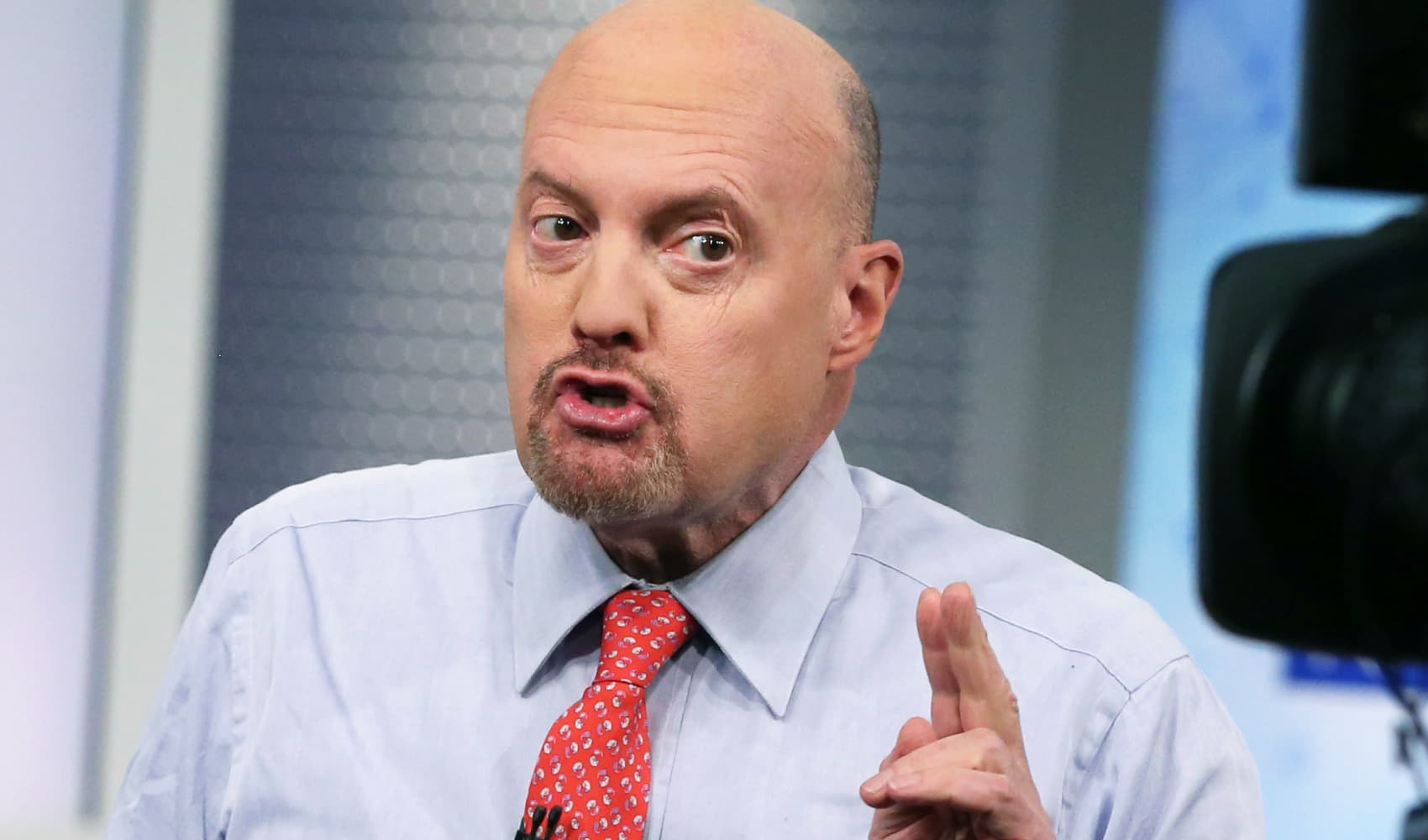
Sen. Marco Rubio, R-Fla., is vice chairman of the Senate Select Committee on Intelligence, and a member of the appropriations and foreign relations committees while Rep. Ro Khanna, D-Calif., is a member of the House oversight, agriculture and armed services committees. The lawmakers are co-sponsors of the National Development Strategy and Coordination Act.
For decades, the United States enjoyed the strongest and most innovative economy in the world, driving growth and delivering prosperity to millions of American workers and families. But we grew complacent. We off-shored our factories and allowed unfair trading practices from non-market economies, like China's, to undermine our industries. Now, we're waking up to the consequences — a lack of economic resilience due to overextended supply chains, serious and potentially long-lasting vulnerabilities in national security and the loss of good-paying jobs.
Our duty is clear. Unless we rebuild America's productive capacity and invest in key industries, we will put our nation's economic prosperity and very sovereignty at risk. The federal government has the financing tools to chart a new and better course, but they are scattered across several agencies with little coordination or strategic direction. That's why we've joined forces to jumpstart a national project to restore American manufacturing leadership.
This is a shared purpose that can unify Americans. It is also work that can bring together elected officials from both sides of the aisle and bypass years of partisan gridlock in Washington — not an easy feat in a narrowly divided Congress.
Get top local stories in Southern California delivered to you every morning. >Sign up for NBC LA's News Headlines newsletter.
What would our proposal entail? First, it would establish a new committee of cabinet-level agency heads, including the secretaries of Treasury, Defense, Commerce, Energy, and Agriculture, the director of the Small Business Administration and others. This committee would be charged with developing a National Development Strategy, recommending investments to improve national security, strengthen domestic manufacturing, create good-paying jobs and develop new technologies.
Second, our proposal — the National Development Strategy and Coordination Act — would give this committee the authority to direct the Department of Treasury's Federal Financing Bank to achieve its goals. Under our legislation, the bank would receive $20 billion to identify, supplement, and "supercharge" loans made by other by other federal financing facilities, such as the SBA's Small Business Innovation Company or the Department of Energy's loan program. This would bring overdue strategic coordination to our federal loan system and inject much-needed long-term capital into critical industries.
This model isn't new. George Washington and Alexander Hamilton used public investment to catapult the U.S. from backwater colonies to a country with a world-class, diversified economy. Franklin Roosevelt and Donald Nelson's War Production Board helped America win World War II and become the greatest power in the world. Ronald Reagan's administration advanced American semiconductor production and enabled the development of the internet. During all of the most productive periods of our past, Americans used private-public partnerships to strengthen and bolster our economy. Why can't we do it again?
Money Report
The simple answer is that we can do it again. And if we're going to compete in the 21st century, we have to. Because development isn't a one-off achievement — it's the fruit of continuous innovation and coordination between all sectors of society. We can't ensure American energy resilience without new technologies and techniques. We can't maintain national strength if inputs to our military industrial base come from China. And we can't protect public health without the ability to make drugs of our own.
The American people — and the people of the world — need the U.S. to get back in the saddle and regain economic leadership. That won't happen without the hard work and ingenuity of private companies. But it also won't happen without targeted investments from the federal government. Strategic public financing is an American tradition that's behind many of our greatest national achievements. It's time we restored it.






